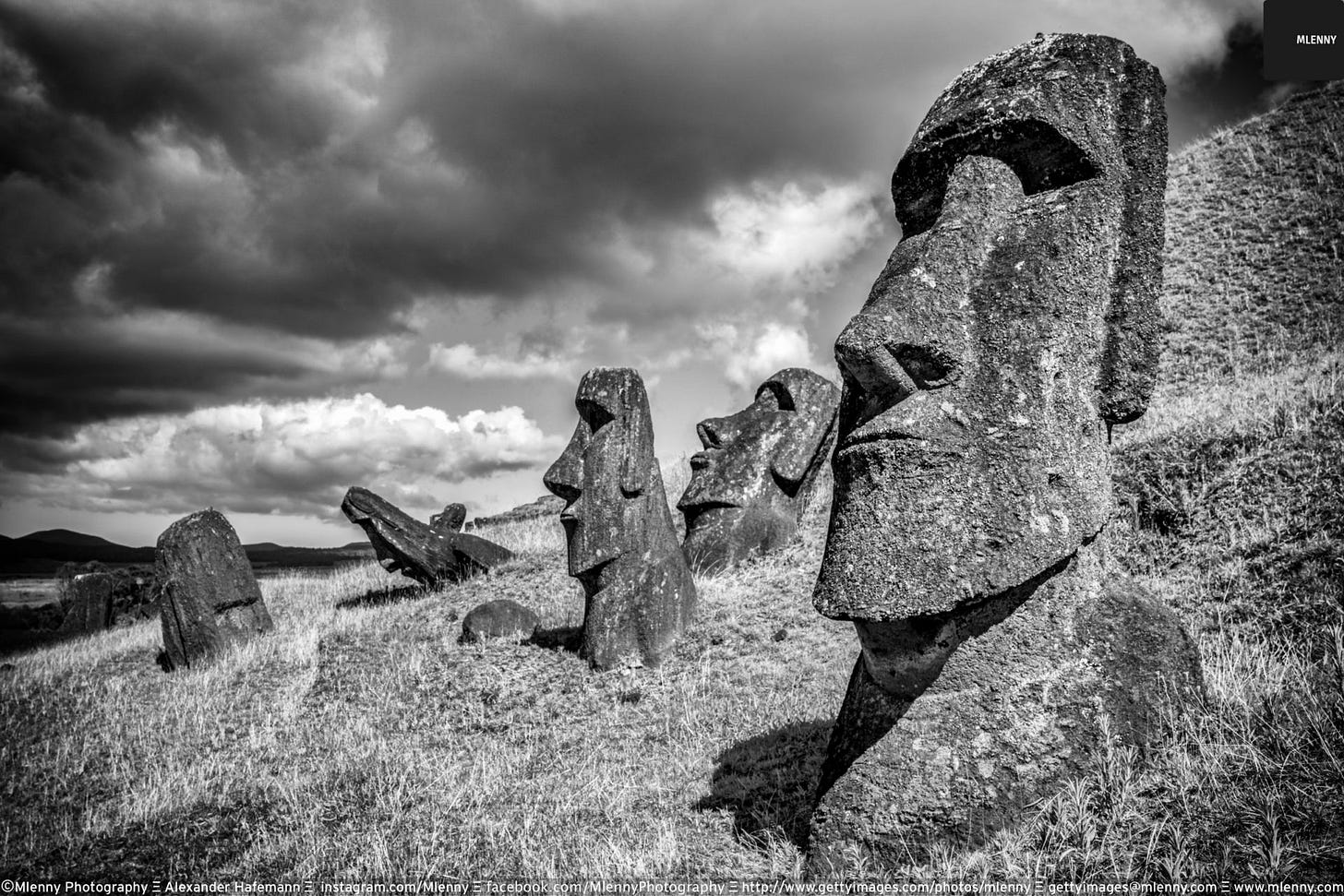CLUB PROXIMITY VS THE HOLOGRAM LIFE
Isolated parents linger at the periphery of the playground like lonely sentinels. Casting long shadows, staring at screens, each in their own personal bubble.
I take my son to the playground. Within minutes he’s joined a group of kids he’s never met before; the waterfront is a real melting pot and the kids range widely in age, nationality and social grouping.
In a heartbeat these strangers are fast friends—literally-- immersed in a pacey physical game that involves complex movement, in-the-moment decision-making, instinctive behaviour and faster-than-thought reactions.
This is three dimensional chess played on every available structure-- one moment seeming to fall apart, the next coalescing like a flock of starlings on the wing. The energy is palpable. The skills on display impressive.
Despite their scant acquaintance, the children seem completely in tune; physically, mentally and spiritually in the same space— limbic resonance connecting them-- they are literally on the same wavelength. It looks like so much fun….
Isolated parents linger at the periphery of the playground like lonely sentinels on Easter Island. Casting long shadows, staring at screens. Each in their own personal bubble.
In contrast to the joy-filled children they seem pensive, preoccupied, oblivious-- present yet elsewhere, their glassy eyes scanning, their fingers ever-scrolling….
Lost in the news cycle, social media, emails and the dopamine-fueled tyranny of the ‘like’ button; technology mediating their reality and coming between them and the rest of the club we’re all members of.
The group of kids blow past in a wave of energy and excitement. Parents look up for a moment like wary birds… then go back to their screens.
Limbic resonance is the energetic exchange that happens between two people who are interacting in a caring and safe relationship. This interaction stimulates the release of certain neurochemicals in the limbic region of the brain that are necessary for full emotional and physical well-being.
You already know an enormous amount about it. You just didn't know you knew it. Your neocortex didn't or doesn't know much about it, but your limbic brain certainly does, and your soul certainly does. It helps us to explain the power of love, the sustaining power of marriage, the healing power of psychotherapy… and the beautiful friendships of children.
Without enough of it in our lives we function sub-optimally. We become depressed and anxious. We are not self-contained, self-regulating units—we desperately need to be near each other. We crave proximity.
And in this time of pandemic we are starved of it. It doesn’t travel via zoom calls. We have to be in the same room. We have to be close. We have to share real intimacy. Micro movements. Eye contact. Touch. We are hard-wired for this; in fact, studies have shown that babies need cuddles and touch even more than they need food.
And the more we replace real-life, real-world interactions with digital ones the more we are tempted to present a ‘curated’ version of our real lives: a tweaked, groomed and adjusted ‘hologram’ rather than our genuine selves. This is not a path to an authentic life.
Our real selves don’t look perfect. They are often shambolic, chaotic and unconsidered. But this is what life is really about; our unmediated selves rubbing up against other similarly unguarded personalities to create energy, creativity, positive friction and the divine spark that makes life truly worthwhile.
A scuffle breaks out among the children. A disagreement over the rules of the game provokes a squabble. Lips tremble. Body language screams conflict. Parents suddenly in full helicopter-mode look up from their phones, about to intercede, to pull their kids away….
The whole thing is about to implode. The experiment appears to have failed…. then miraculously the kids-- with their innate sense of fairness and even more innate yearning for the games and fun to continue-- sort it out. The fight and conflict is immediately forgotten and the game goes on.
And yet again we are reminded that the child is father to the man.




I was just going to press the (dopamine-fuelled) ‘like’ button and move on. But your piece deserves a reply. It makes me think that 'long-covid' is something we're all suffering from. Things appear to have returned to normal, social distancing is no longer required, but somehow it remains. Things are the same, but they're not the same. We are unsettled. Guarded. Not quite so human.